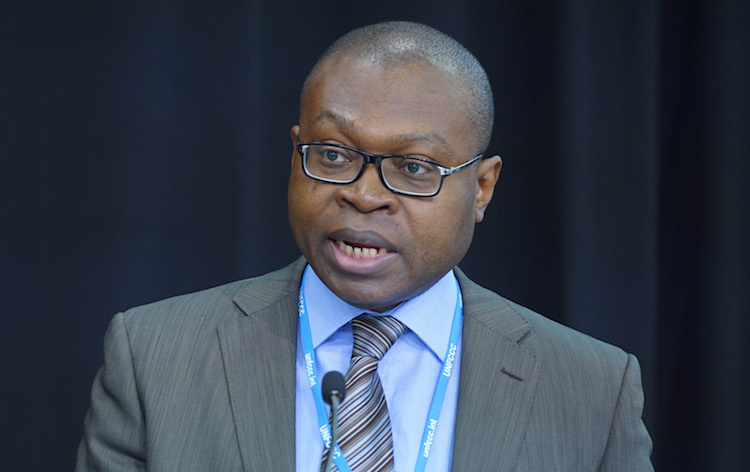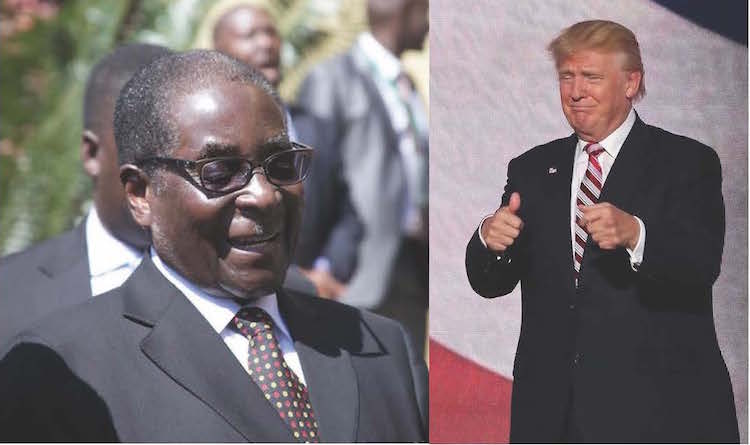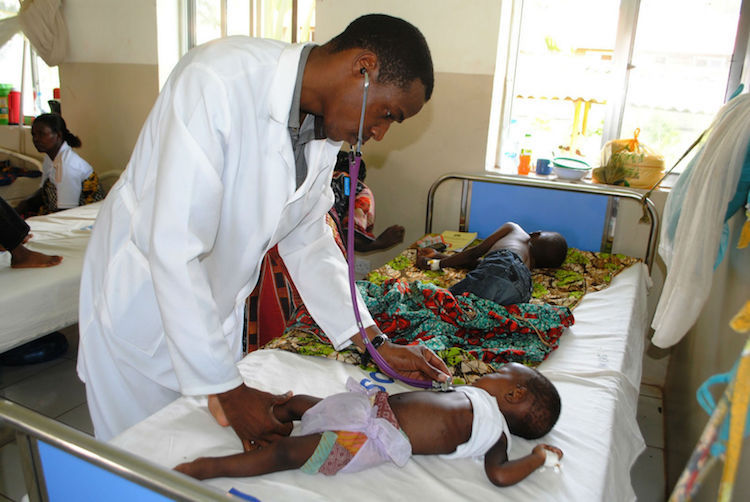By Ronald Joshua
BRUSSELS | MAPUTO, Mozambique (ACP-IDN) – Once neglected minerals and materials may hold the key to millions of jobs across Southern Africa at a time when oil and metal exporting countries are grappling with low commodity prices.
Mega infrastructure projects agreed by the Southern African Development Community (SADC) Heads of State are projected to draw in 986 billion dollars in investments over the next ten years, ramping up the demand for construction materials exponentially. Estimates from the African Development Bank indicate that for each billion invested in African infrastructure, between 3-7 million jobs are created.










